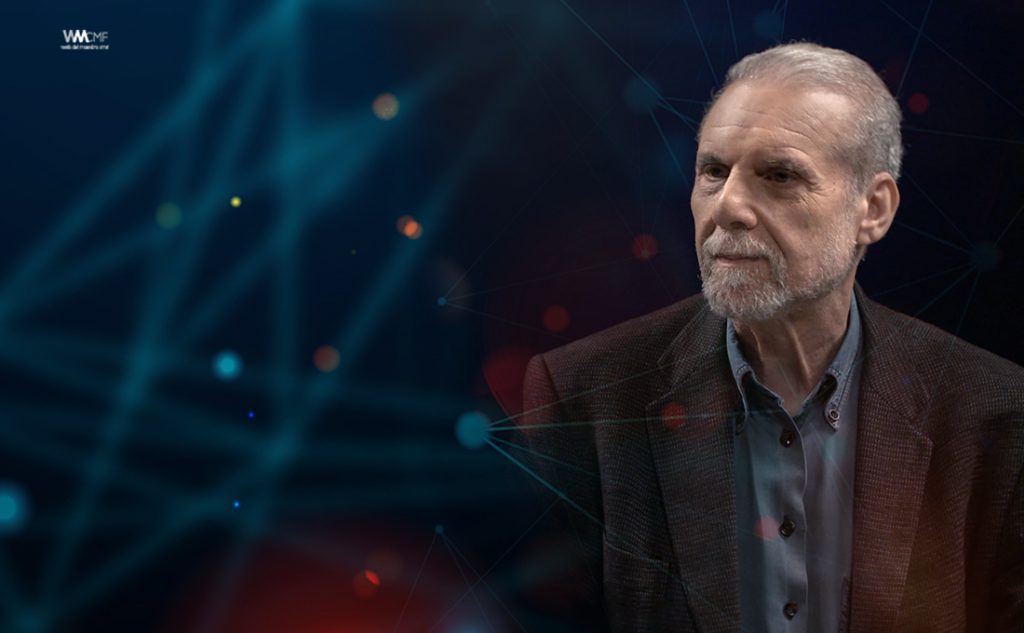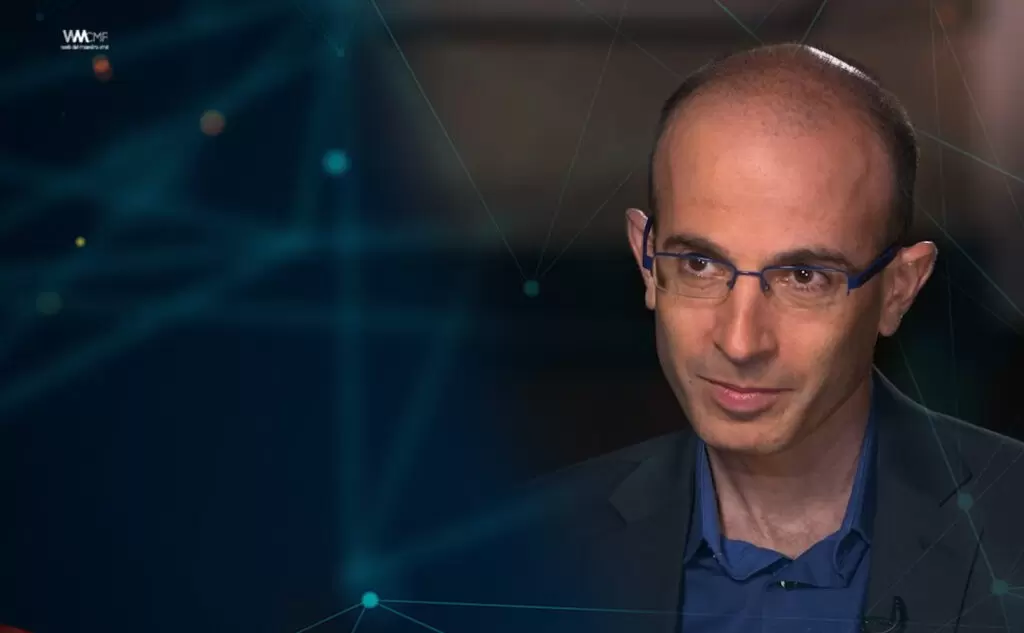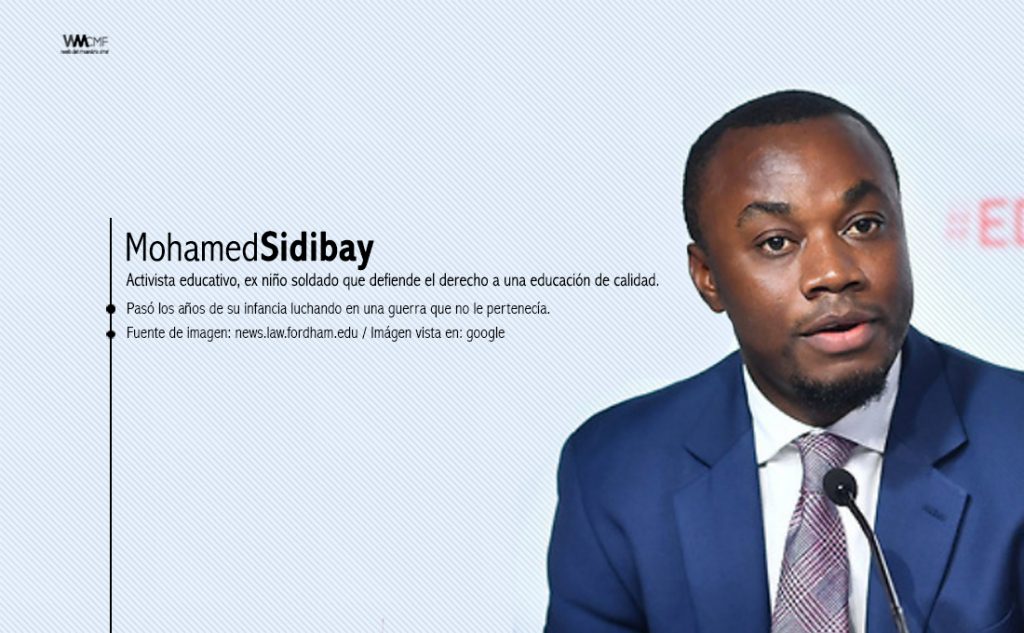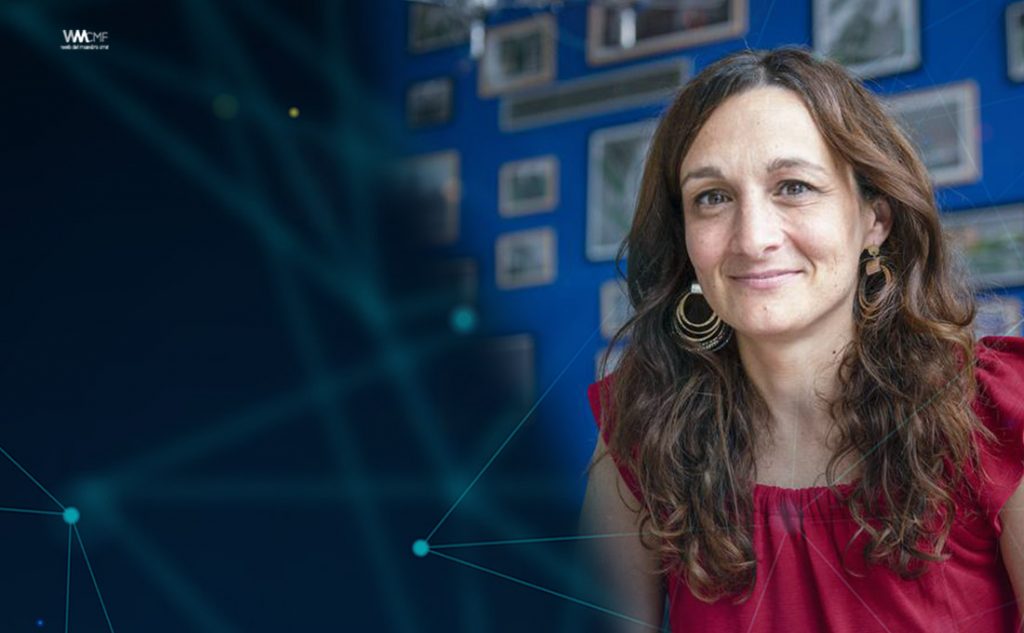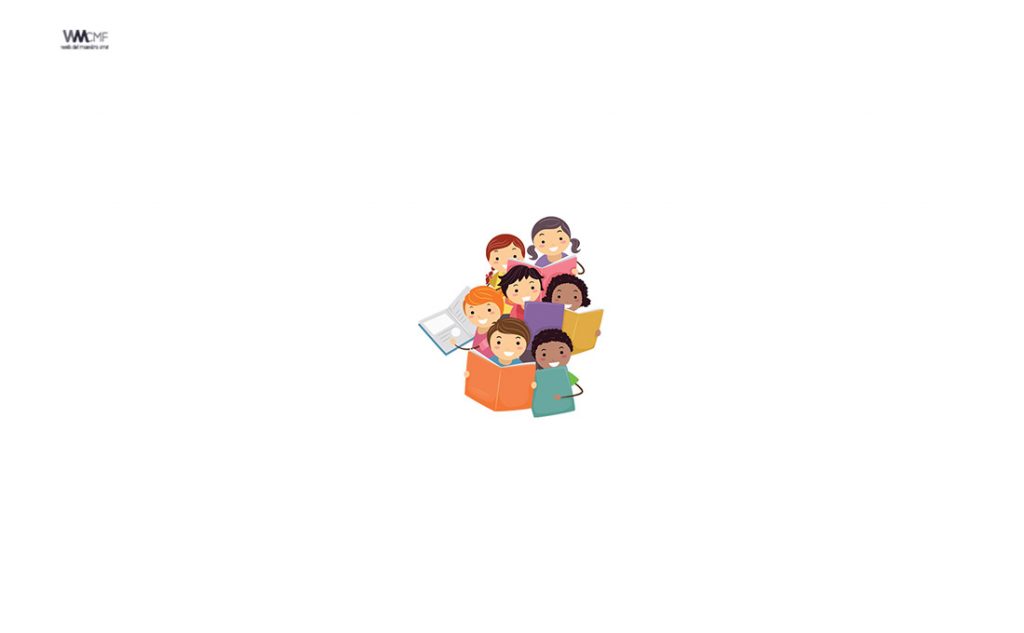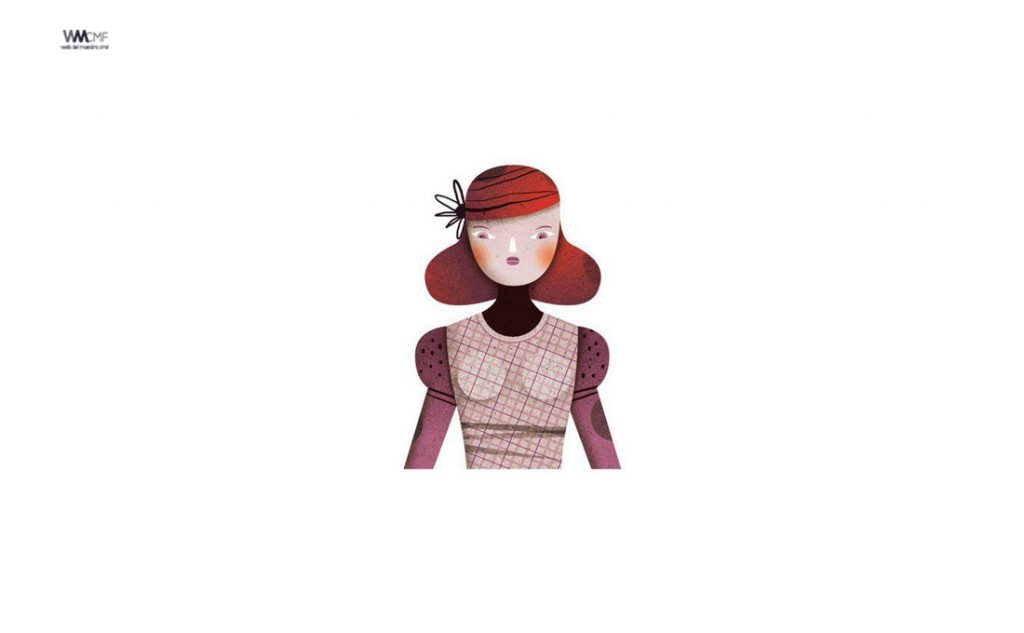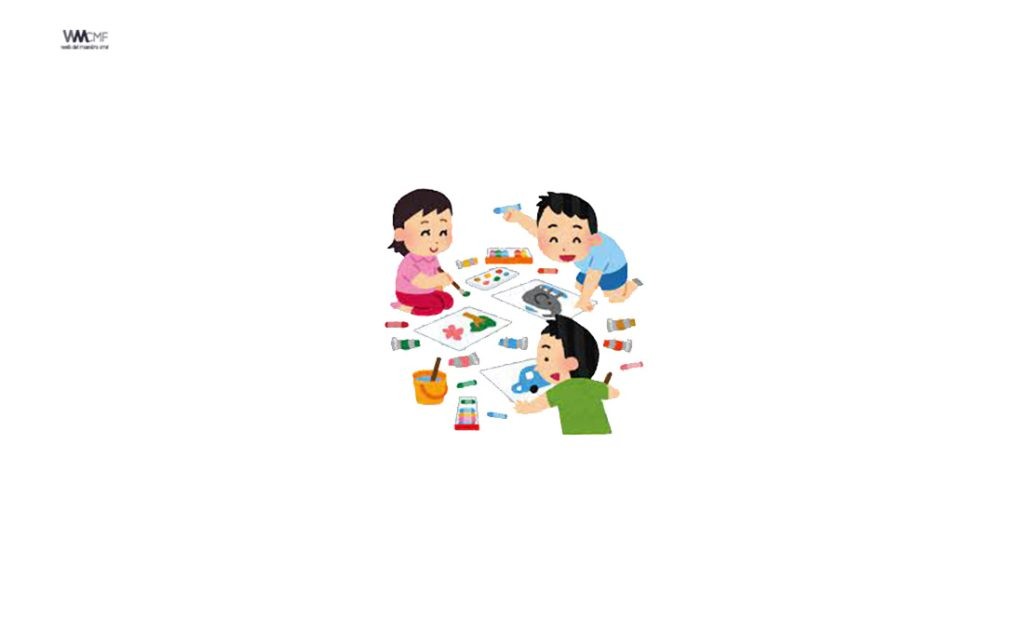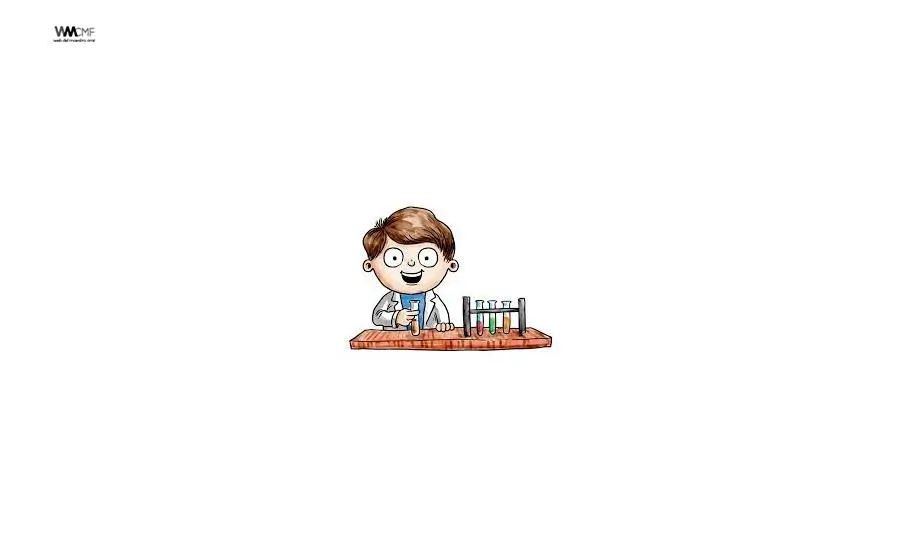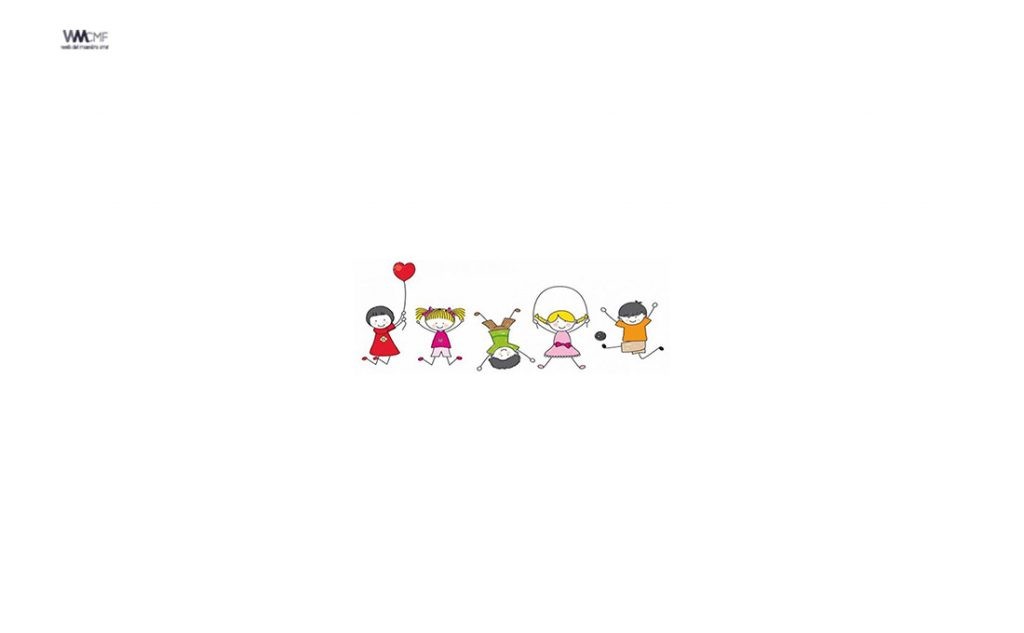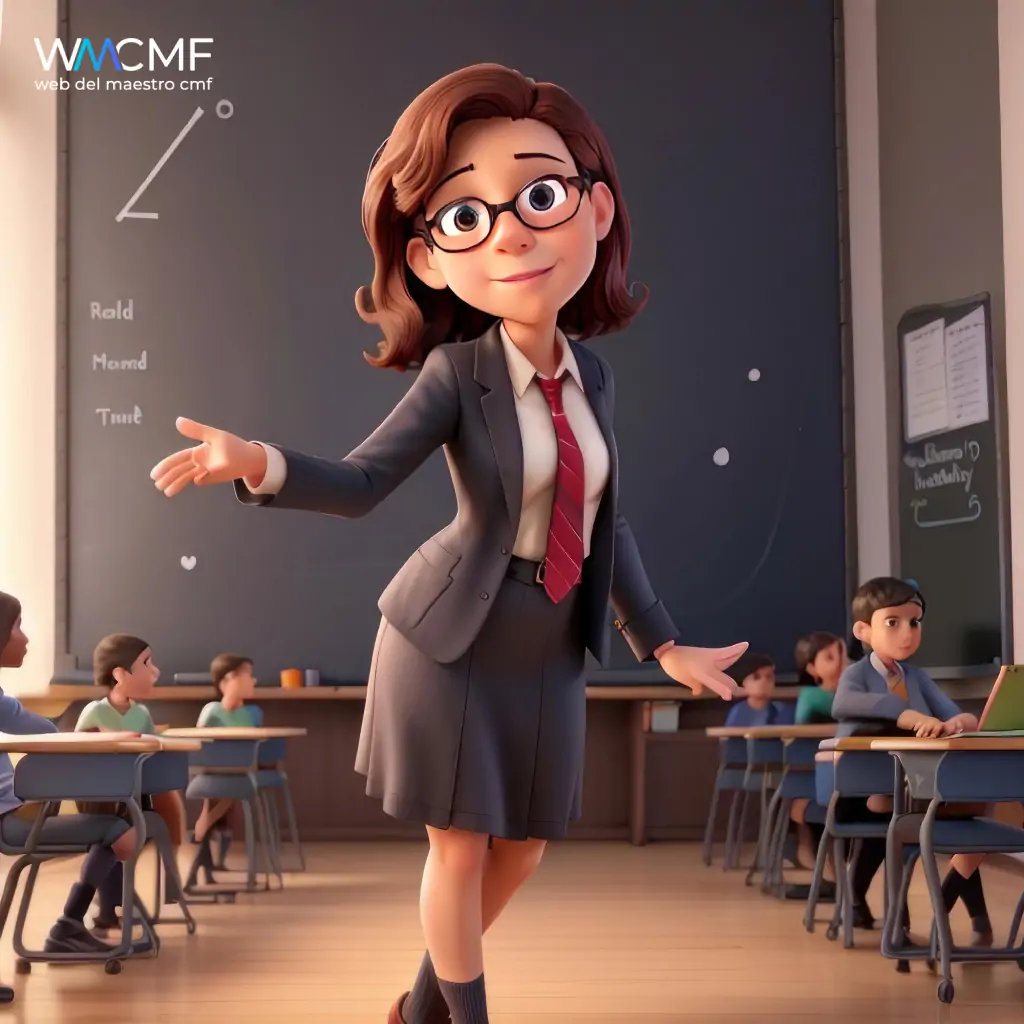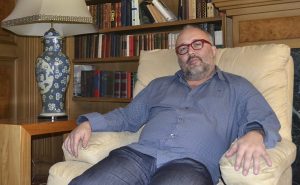Eric Mazur is a physicist and educator at Harvard University and a start-up entrepreneur for the education and technology markets. Born in Amsterdam, he obtained his degrees from the University of Leiden. An expert in educational innovation, he is committed to interactive learning that draws away from traditional models based on master classes and data memorization.
Listening, taking notes, memorizing and replicating information on tests that, beyond the pandemic, have barely changed over time: these are the general lines of many of the current and past education systems. But how much do we remember, in the medium and long term, of what we learn in a class? The answer in most cases is very little, and much of the blame has to do with the manner in which knowledge is transmitted: “Education is one of the fields that needing urgent innovations, because basically we continue to teach in the same way we did hundreds of years ago» says Eric Mazur, Professor of Physics and Applied Physics at Harvard University, and creator of the interactive method called Peer Instruction, or instruction among peers.
A system that has been perfected for over 30 years that, above all, draws away from the everlasting lectures that hold the teacher as the central character: here, students prepare the material before going to class, and this will be articulated later through the teacher’s questions and the students’ own debate, so that comprehension is prioritized over memorization. […].

Eric Mazur: physicist and educator at Harvard University and also an entrepreneur
Expert in educational innovations that favor interactive learning.
NACHO MENESES. How is peer instruction different from a traditional classroom?
ERIC MAZUR: “I teach through questions to help them develop mental models and elicit information from them. […] I would only ask one question and would tell my students, that by using their fingers on their chests (we later started using counting devices), to choose from several options the one they believed was correct. Now, with virtual classes, they write their answer on the platform.
I was trying to formulate my question so that about half of the students would get the answer right. Then, I would ask them to find a peer nearby who had a different one, to try to convince him that theirs was the good one. For a few minutes, everything became very chaotic, and then I asked them to vote again. As time went by, I concluded that we should get away from the auditorium; and in my current classrooms the students sit in groups of five, around a table, and I facilitate their debates”.
Related reading:
NACHO MENESES: You state that the coronavirus pandemic is also an opportunity. In what sense?
ERIC MAZUR: “Regarding change and innovation. […] And education has to understand both steps. […] The pandemic has made it clear that this is the best moment for change: when teachers began teaching with programs like Zoom, they saw that only 40% of students follow them live, because they can see it on another time that may be more convenient for them. This demonstrates that the interaction between the teacher and the student does not have to be synchronous, because the teacher can give the class and then send the link; if you are not very interested in something, you can advance the recording or play it faster; or see it again if, on the contrary, you are very interested in it. And you can’t do any of this live.
The pandemic provided the perfect time to think about three things: one, whether the focus should be on the educator or on the student; two, if we should move everything we can away from the educational process to asynchronous activities, to make better use of synchronous time; and three, […] decide if they want to do something slower or faster. […]»
NACHO MENESES: What’s wrong with memorization?
ERIC MAZUR: “[…] There is a lot of research that shows that, if we choose to memorize something, using flashcards or any other technique, we end up remembering it well for a few days, but once we stop using them and recycling that information, this data disappears. In my opinion, we must not only change the way of teaching, but also the way we assess the contents provided. […] And this is where we have another opportunity, because with all students online, it is very difficult to take an exam, because they do it on their computers, and they have access to Google. […] any question for which you can find the answer on the Internet is not a genuine assessment question, because you are not grading whether a student can solve a real problem; you only grade if the student can memorize something. On the other hand, rather than making an effort so that people do not cheat, the effort should be focused on creating more meaningful exams […]”.
NACHO MENESES: What role should technology play?
ERIC MAZU: “[…] many of its uses in education are like putting old wine in new wineskins; new ways of doing what we always do. Many companies that develop educational technology first study what a teacher typically does and wonder if they can do the same digitally. In my opinion, more than technology, it is about pedagogy, […]”.
NACHO MENESES: Where is the passion for learning?
ERIC MAZUR: “In the prologue to his book Who Owns the Learning? author Alan November […] realized that if someone really wants to learn something, they will do whatever it takes, even breaking the law. And that, instead of punishing students, we should reward them. […] The human brain looks forward to those moments of learning; there is an intrinsic need, in the way our genes are programmed to understand the world around us … […] Only when we finish formal education, do we rediscover the beauty of learning, and what we learn we do because we want to, whether it is something related to history, cooking or photonics. And we learn much better”.
NACHO MENESE: How to make students rediscover that passion for learning?
ERIC MAZUR: «[…] they must decide to put their book aside, and work instead, on really interesting projects, which include components of empathy or social wellness and that, at some point, they will require Physics. [. ..] Rather than making content the main objective of the course, I turn it into a mechanism through which students can reach an objective that has a greater meaning for them. […] It is amazing how students learn in this way, without the traditional assessments”.
NACHO MENESES: What other advantages does peer instruction have?
ERIC MAZUR: “[…] Peer instruction increases the performance of both genders, although women’s performance grows much more, to the point there is not any difference between them towards the end of semester. This, in part, is because women tend to be much more verbal than men, as they tend to perform worse in a normally competitive environment such as science subjects, where students want to get the best grades and thus be able to go to the best faculties of Engineering or Medicine, for example. But with peer instruction, students talk, work, and teach each other, whether male or female, and that eliminates competitiveness. On the other hand, by focusing on understanding rather than memorization, retention of knowledge in the midterm and long term is facilitated.
NACHO MENESES: In what way could this way of learning impact the personal well-being of an individual, throughout his life?
ERIC MAZUR: “[…] one of the goals of peer instruction is to teach people to think, not to remember and regurgitate something someone else said. From the bottom of my heart, I believe that a better thought process would lead to a better society and better human beings. Furthermore, education is completely focused on the individual. […] But when people incorporate into society, we discover that what really matters is not the performance of each one, but how they work with others. That causes big problems, because people have never learned to work with others who have different opinions, think or believe differently, or look different. And in this, education must also change”.
This content, by Nacho Meneses, has been originally published by El País with the title: “FORMAL EDUCATION ENDS WITH OUR INTRINSIC MOTIVATION TO LEARN” and that we share (in parts, with italics and our highlights) for solely educational and permanent training purposes. We suggest referring to the full article at: elpais.com | Nacho Meneses.
Original translation by Carla Zapata.
WEB DEL MAESTRO CMF






